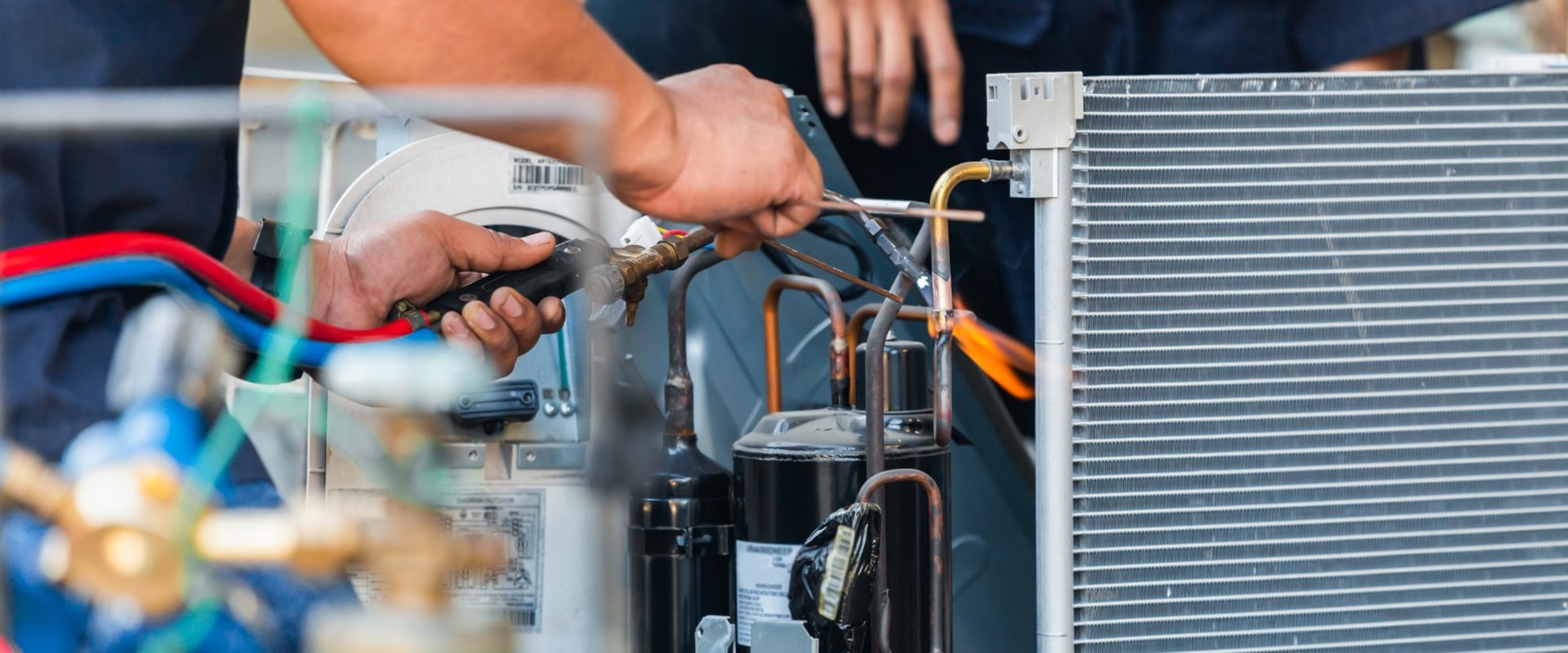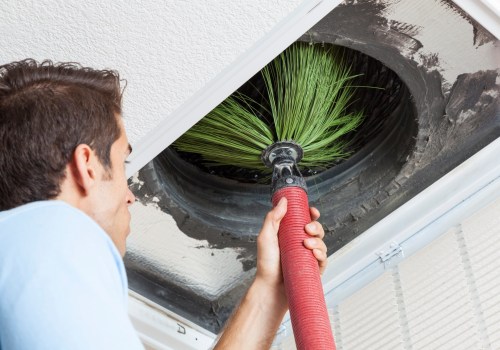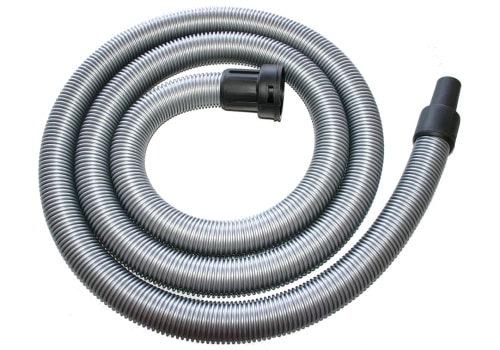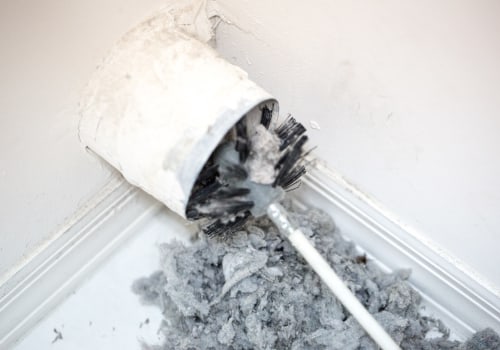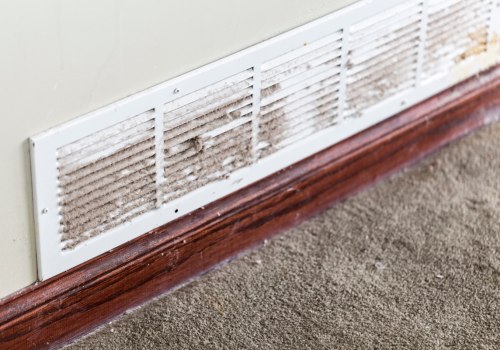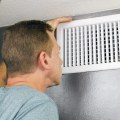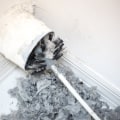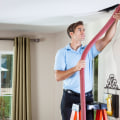Are you looking for ways to reduce your energy costs? Improving the efficiency of your HVAC system is an effective way to achieve this goal. With a well-maintained HVAC system, you can reduce energy bills and maximize your savings. This article will explore the benefits of improving the efficiency of HVAC systems and how it can help lower energy bills.
HVAC System
– An HVAC system is an important part of a home or business’s energy consumption. It is responsible for keeping the building comfortable by controlling the air temperature and air quality.An efficient HVAC system can help to reduce energy bills by using less energy to maintain the desired temperature. This savings can add up over time.
Benefits of Improved Efficiency
– Improved efficiency of an HVAC system can lead to lower energy bills, improved air quality, and environmental benefits. Lowering energy costs can help to offset the upfront costs associated with making the HVAC system more efficient. Additionally, improved air quality can help to improve the overall health of the occupants of the building.Finally, improved efficiency also helps to reduce emissions, which can help contribute to a healthier environment.
Improving Efficiency
– There are several ways homeowners can improve the efficiency of their HVAC system. Regular maintenance and filter changes are important for keeping the system in top condition. Sealing and insulating ductwork can help to reduce energy loss as well. Additionally, installing a programmable thermostat can help to ensure that the system is not running unnecessarily when no one is home.Money Savings
– Homeowners can save a significant amount of money on their energy bills by making their HVAC system more efficient.This savings can vary depending on the type of improvements made, but it could be as much as 10-20% or more on average. This savings can be even more substantial in homes that use older, less efficient models.
Options for Improvement
– Homeowners have several options available to them for improving their HVAC system’s efficiency. Upgrading to a higher efficiency model is one option that can provide significant savings. Adding insulation to the home or installing a programmable thermostat are other ways to improve efficiency.These options can require professional installation, however, which could add to the upfront costs.
Potential Drawbacks
– While improving the efficiency of an HVAC system can bring about significant savings in energy costs, there are some potential drawbacks that should be considered. Higher upfront costs can be an issue, as well as the need for professional installation. Additionally, not all improvements may be suitable for all types of homes.Finding a Reputable Contractor
– When looking for a contractor or technician to help with any necessary repairs or upgrades to improve efficiency, it is important to find a reputable one. Checking references and reviews online is one way to ensure that the person or company being hired is qualified and trustworthy.Additionally, asking friends and family for recommendations can be helpful in finding someone who has a good reputation.
Maximizing Efficiency
Homeowners can maximize the efficiency of their HVAC system by regularly inspecting and cleaning the system, scheduling regular maintenance checks, and replacing worn-out parts. Inspecting and cleaning the system helps keep it running optimally, while scheduling regular maintenance checks helps to identify any potential issues before they become costly problems. Replacing worn-out parts can help ensure that the system is working as efficiently as possible. Proper insulation is also essential for improving efficiency. Insulation helps reduce air leakage and improve system performance.It is important to check the insulation in your home regularly to ensure that it is in good condition. Additionally, sealing any gaps or cracks in your home can help reduce air leakage and improve efficiency. Using energy-efficient HVAC systems can also help reduce energy costs. Energy-efficient systems use less energy than traditional systems, which can result in lower energy bills. Additionally, energy-efficient systems may qualify for tax credits or other incentives, which can further reduce energy costs. Finally, homeowners should consider upgrading their HVAC system if it is more than 10 years old.
An older system may not be able to keep up with newer energy-efficient models, resulting in higher energy bills. Upgrading to an energy-efficient model can not only reduce energy costs but also improve overall comfort. Improving the efficiency of your HVAC system can have significant financial and environmental benefits. By taking the steps outlined in this article, homeowners can reduce their energy bills by making their HVAC systems more efficient. Not only will this reduce energy costs, but it can also help to reduce carbon emissions and other pollutants. Making your HVAC system more efficient is an important step in reducing energy bills.
With the right maintenance and upgrades, homeowners can save money and help the environment at the same time.
